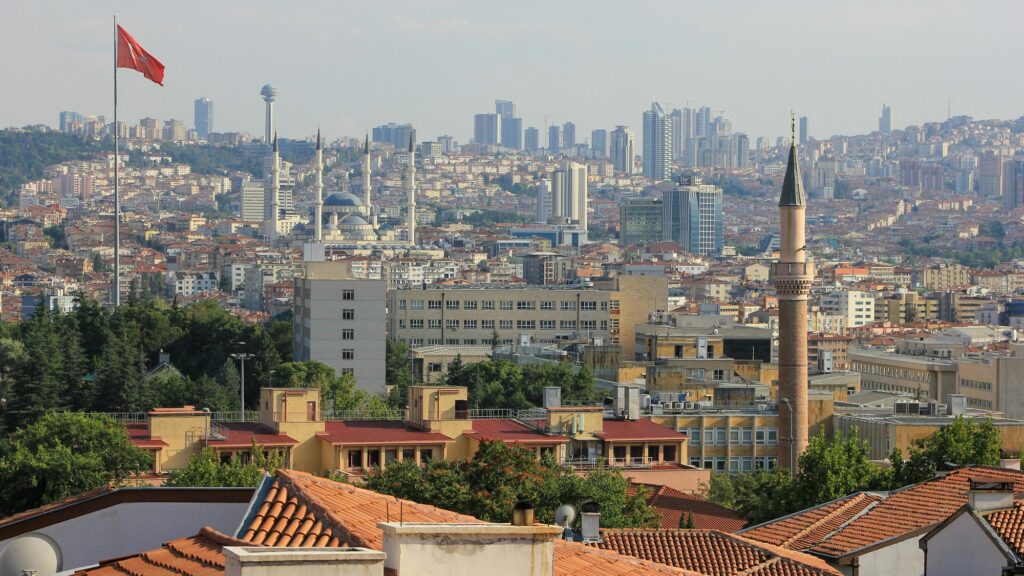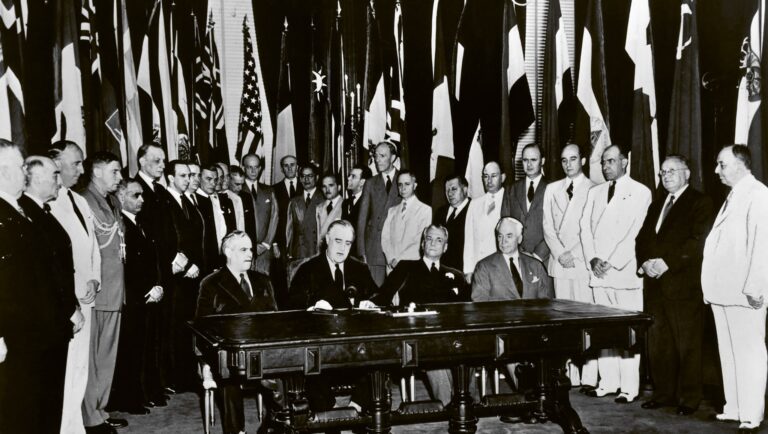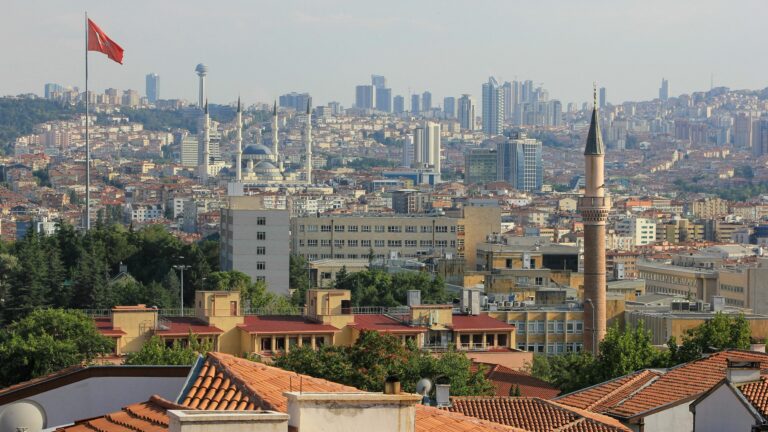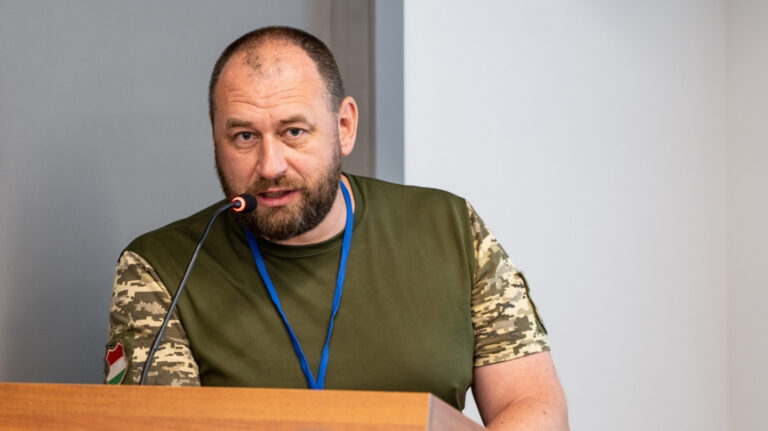With 99 per cent of the votes counted, the centre-right Democratic Alliance (AD) appears to have emerged victorious in the Portuguese early elections. In a closely contested race, the AD secured 79 seats in parliament, closely followed by the Socialist Party (PS) with 77 seats, while the right-wing Chega party emerged as Portugal’s third-largest party with 48 seats. Four of the 230 seats will be allocated after the counting of foreign votes is completed later this week.
‘The Portuguese people have spoken,’ said Democratic Alliance leader Luís Montenegro according to POLITICO. ‘They want a different government, different policies, renewed parties and dialogue among their leaders … And that’s what we are prepared to offer.’
Portuguese Prime Minister António Costa resigned last year after a corruption scandal broke out in his government. Although he himself was not named as responsible for the scandal, Costa saw fit to resign, and the president called for early elections for 10 March this year. The stakes of the election were high: the Portuguese right had long been in opposition, and the scandals surrounding the left finally gave it a real chance of forming a government.
Getting Ready for a European Shift?
The success of the right in Portugal is another indication that the people of Europe are growing weary of left-wing governance on the continent, and they desire change. This trend is evident in the recent election results across Europe, including local elections in Italy, where the the alliance of the governing parties cashes in victory after victory. we are seeing the same shift in Slovakia and the Netherlands. Moreover, upcoming elections are scheduled in Belgium and Austria, as well as in Romania in 2024, and current polls suggest that right-wing success is anticipated in these elections as well. With the defeat of the Portuguese Socialist Party, the number of EU Member States where a party belonging to the Socialists and Democrats (S&D) political group in the European Parliament is in government now stands at just four.
The rise of right-wing parties is also promising for Hungary,
as it enhances the prospects of right-wing success in the upcoming European Parliament elections in the summer. As Hungarian Prime Minister Viktor Orbán has reiterated on several occasions, the people of Europe desire leaders who govern with a greater connection to reality and actively work to address tangible issues. Ultimately, this shift could lead to a turnaround towards right-wing governance in Europe, although the extent of this transformation remains uncertain.
In this regard, the significant surge in support for the Chega party is noteworthy. In the previous 2022 election, the party led by André Ventura secured 7.3 per cent of the vote, whereas in the current election, it obtained 18.1 per cent. This translates to a four-fold increase in seats, rising from 12 to 48.
Ventura is an important ally of Viktor Orbán
in the European political arena, having visited Budapest in May 2023 for bilateral talks with the Hungarian prime minister. During his visit, he gave an interview to Demokrata, stating: ‘We need to build bridges between Identity and Democracy and the European Conservatives and Reformists to formally or informally create a large conservative bloc that can work towards building the largest parliamentary group.’
In his speech following the closure of the polls, Ventura stated that Portugal should be governed by ‘all’ right-wing parties together’. However, Luís Montenegro has ruled out the possibility of forming a coalition with Chega. While a minority government in Portugal remains a possibility, historical experience suggests that it would be preferable to avoid this scenario in order to maintain the popularity of the right.
Related articles:








